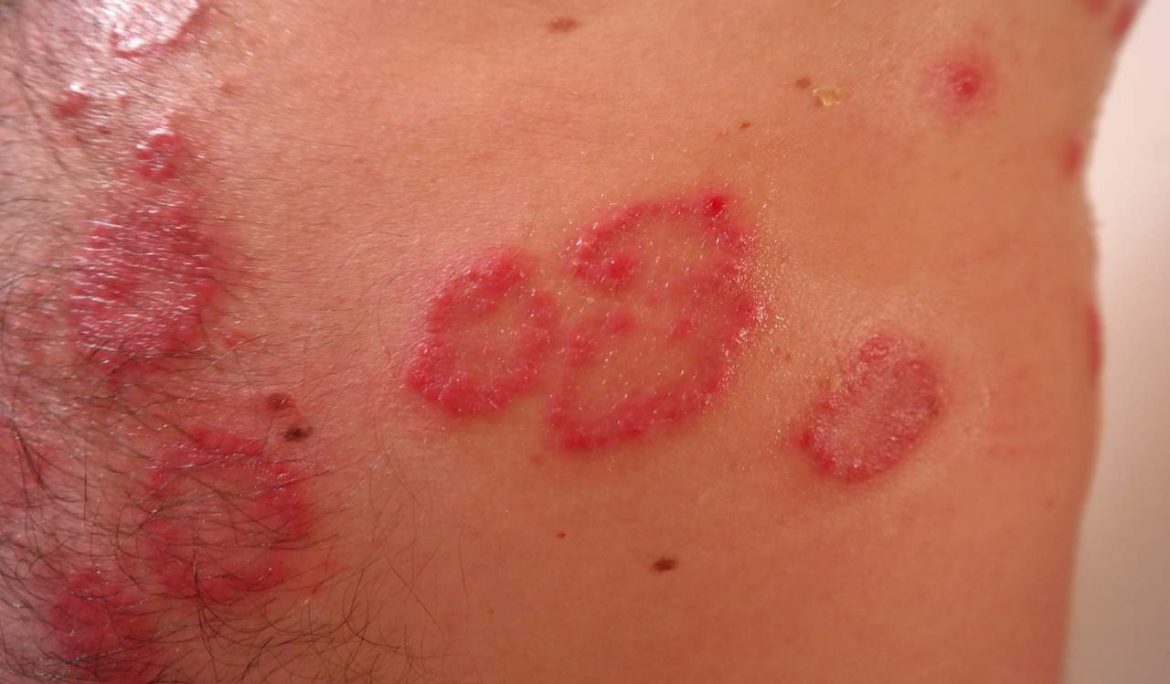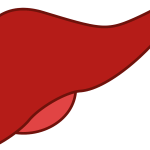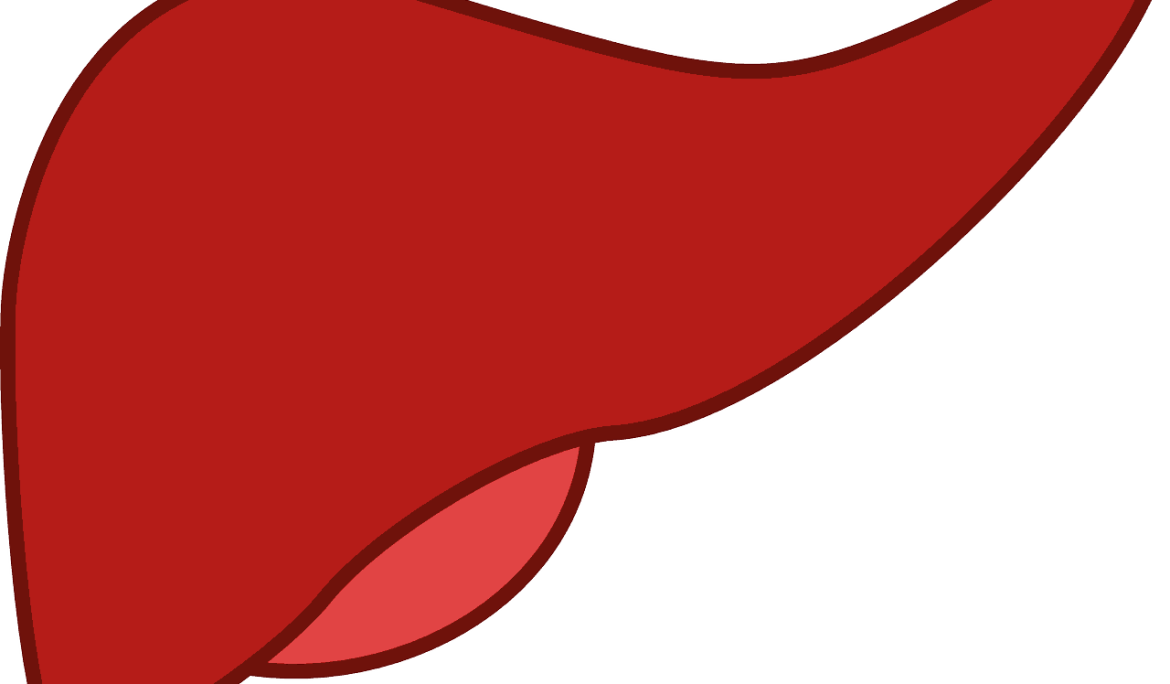Eczema is a condition that makes your skin red and itchy. It’s common in children but can occur at any age. Eczema is long lasting (chronic) and tends to flare periodically.
Healthy skin help retain moisture and protects you from bacteria, irritants and allergens. Eczema is related to a gene variation that affects the skin’s ability to provide this protection. This allows your skin to be affected by environmental factors, irritants and allergens. Eczema’s signs and symptoms vary widely from person to person. This may include dry skin, itching which may be severe especially at night. Red to brownish-gray patches, especially on the hands, feet, ankles, wrist, neck, upper chest, eyelids, inside the bend of the elbows and knees and in infants, the face and scalp. Often times small, raised bumps which may leak fluid and crust over when scratched. Thickened, cracked, scaly skin and raw, sensitive, swollen skin from scratching may occur.
The primary risk factor for eczema is having a personal or family history of allergies, hayfever, asthma or family member with eczema. Individual with eczema may develop complications such as chronic itchy, scaly skin, skin infections, irritant hand dermatitis, allergic contact dermatitis and sleeping problems.
The following tips may help prevent the bouts of dermatitis (flares) and minimize the drying effect of bathing. Moisturize your skin at least twice a day. Try to identify and avoid triggers that worsen the condition. Limit your baths and showers 10 to 15 minutes and use warm water instead of hot water. Use only gentle soaps and dry your skin carefully.
See a doctor if your child is uncomfortable that the condition is affecting sleep and daily activities. Has a skin infection – look for red streaks, pus, yellow scabs or continues to experience symptoms despite trying home remedies.
No lab test is needed to identify eczema. Your doctor will likely make a diagnosis by examining your skin and review your medical history. If you suspect a certain food allergy caused your child’s rash, tell the doctor and ask about identifying potential food allergies.
Eczema can be persistent. You may need to try various treatments over months or years to control it. Even if treatment is successful, signs and symptoms may return (flare). It’s important to recognize the condition early so that you can start treatment.
Dr. Makemba Shayela Nelson – MBChB – University of Kwazulu-Natal, Durban, South Africa. Nesha Medical Practice.










